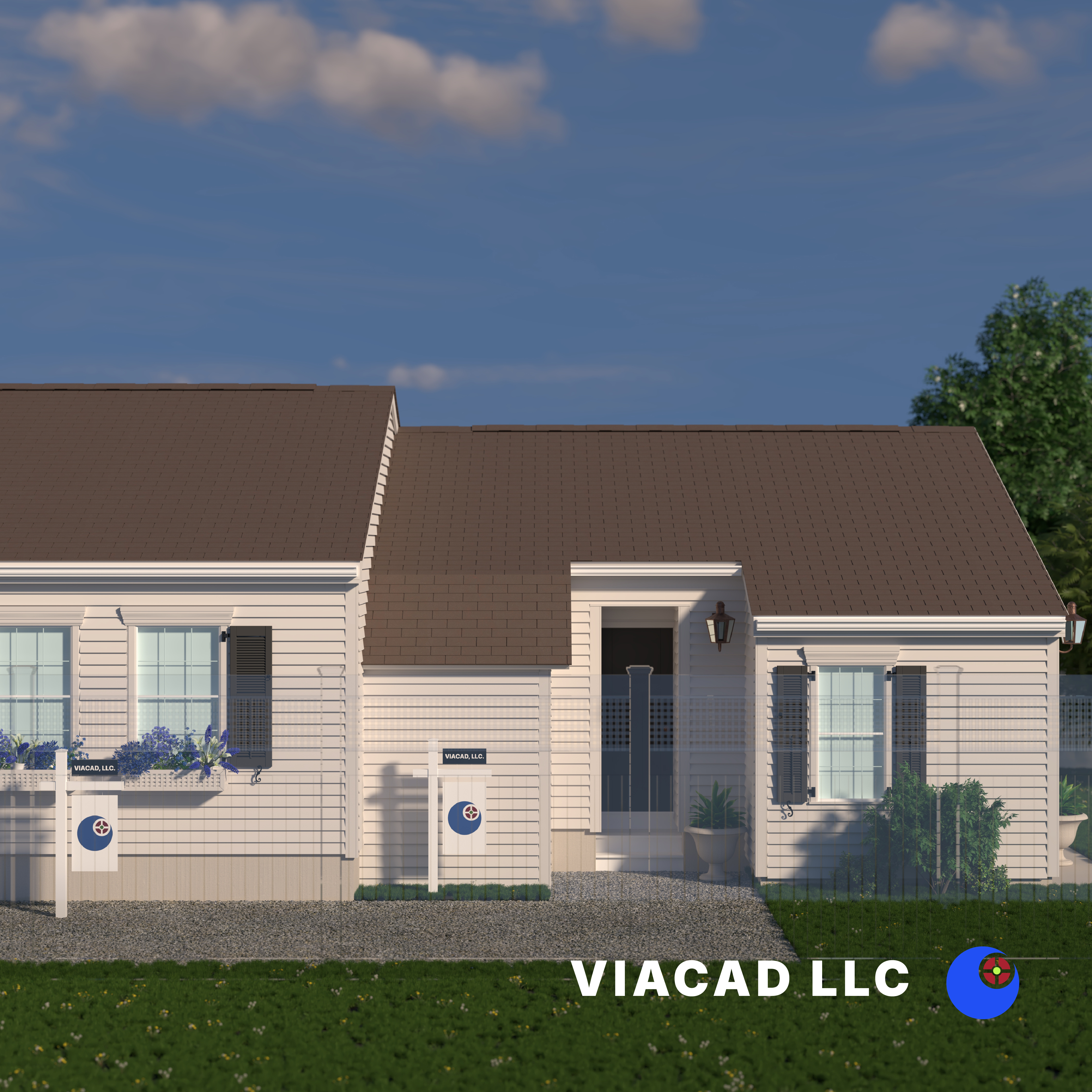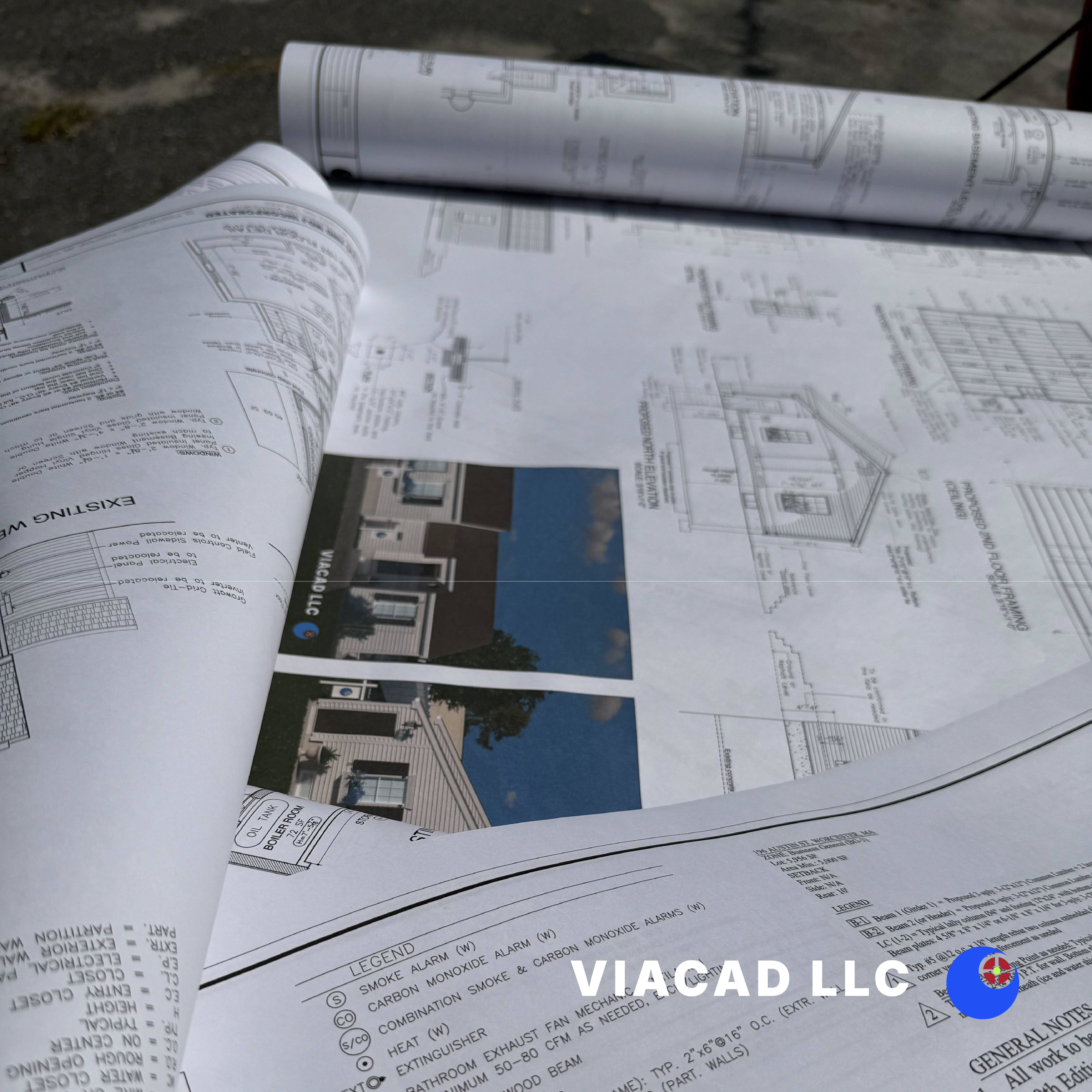
Accessory dwelling units (ADUs) have become an increasingly popular solution to address housing shortages and promote livable communities across Massachusetts. Worcester serves as a key hub for ADU development in central Massachusetts, offering strategic growth opportunities and playing a significant role in regional affordable housing strategies. For homeowners and property owners in Worcester, understanding the ADU Worcester MA requirements is essential to successfully adding an accessory dwelling unit to their single family home or property.
In the city of Worcester, local government actions, ordinances, and zoning laws are the primary authority governing ADU regulations. Each town or municipality in Massachusetts may have its own specific ADU requirements and approval processes. This article provides a detailed overview of the zoning, permitting, and construction regulations surrounding accessory dwelling units in Worcester, Massachusetts, helping you navigate the process with confidence.
An accessory dwelling unit (ADU) is legally defined as a self-contained housing unit located on the same lot as a primary dwelling or main house. To meet legal requirements, an ADU must have a separate entrance from the main house, ensuring privacy and independence for its occupants. These units can take various forms, including in-law apartments, granny flats, or independent living facilities, and are designed to provide additional housing while maintaining the character of single family zoning districts. ADUs typically have separate entrances, utility connections, and may have their own address, but remain under the common ownership of the property owner.
An accessory dwelling unit (ADU) is a subordinate unit to the existing dwelling unit on the property, providing a separate living space while remaining on the same lot as the main residence. Accessory dwelling units (adus) are beneficial for many reasons. They offer homeowners the opportunity to generate rental income, accommodate family members, or create flexible living arrangements without the need for new land development. In Worcester, the ADU law applies to single family homes and allows property owners to add these units in compliance with local zoning requirements and state law.
At VIACAD, LLC, we understand that the foundation of any successful ADU project starts with clear, accurate building plans. Many homeowners begin by contacting contractors before securing detailed blueprints. This often limits their ability to compare bids or ensure the project aligns precisely with their vision and local regulations. By working with VIACAD, LLC first to develop tailored plans, homeowners gain control over the bidding process, enabling them to seek competitive offers from multiple contractors. Our designs serve as the blueprint for smooth construction, helping protect your investment and avoid costly surprises.
In Worcester, accessory dwelling units are permitted in all zoning districts, where the law supports the creation of additional housing units on existing lots. The ADU must be located on the same lot as the principal building or primary dwelling, and it must remain subordinate to the main building on the lot, ensuring that the new unit does not function as a separate property sold separately from the main house.
Worcester's ADU regulations include an owner occupancy requirement, meaning the property owner must reside in either the main house or the ADU.
The zoning requirements for ADUs in Worcester include restrictions on the gross floor area of the new unit, which typically cannot exceed a certain percentage of the existing dwelling unit’s size. There is also a minimum lot size required for properties to be eligible for an ADU in Worcester. Additionally, a new address may be required for the ADU; this process usually involves submitting a site plan and applying through the city before permits can be issued. Both attached and detached ADUs are allowed, with detached ADUs permitted in certain zoning districts, subject to specific requirements. The ADU must be designed to fit within the existing structure or as a new construction project that respects setbacks, front yard requirements, and overall neighborhood character. Setback requirements for ADUs may differ from those for the main house and must be reviewed in the zoning code.
Accessory dwelling units must have separate entrances to ensure privacy and independent access, but the design must also maintain the appearance of a single family home from the street. It is also important to ensure the ADU is properly connected to existing utilities, such as water, sewer, and energy systems, in compliance with local regulations. This balance helps preserve the community’s aesthetic while allowing for increased housing density.
VIACAD, LLC’s experience in Worcester and Central Massachusetts means we design building plans that meet these zoning and utility requirements while reflecting the unique conditions of your property. Our team carefully considers lot layout, existing structures, and local codes to produce plans that facilitate approvals and minimize delays. Having well-prepared plans upfront not only helps with city processes but also provides clarity for contractors, making construction more predictable and efficient.

Adding an accessory dwelling unit in Worcester involves a permitting process overseen by the city’s building department and planning board. ADUs require a certificate of occupancy and compliance with building codes. Property owners must submit a building permit application that includes detailed plans for the ADU, demonstrating compliance with building codes, zoning requirements, and site plan review standards.
The Worcester City Council plays a key role in approving ordinances and regulations related to ADUs, shaping the requirements and procedures for property owners. In some cases, a special permit or special permitting process may be necessary, especially if the proposed ADU does not fully comply with certain zoning restrictions or if the property is located in a district with additional regulations. The planning board reviews these applications to ensure that the ADU supports housing and livable communities goals without negatively impacting the neighborhood.
The permitting process also involves inspectional services to verify that the construction project meets all safety and building code standards. This includes confirming proper utility connections, such as sewer and water, for the new unit. Property owners should be aware of potential fees, including a sewer connection fee, which may be required when connecting a new ADU to the city's sewer system.
Because permitting relies heavily on the accuracy and completeness of submitted plans, working with a building design partner like VIACAD, LLC can be invaluable. Our detailed, code-compliant plans help streamline reviews by the building department and planning board, reducing the chances of costly revisions or permit delays. We serve as the quiet engine behind the scenes, crafting designs that align with regulatory expectations and client goals alike.
When planning the construction of an accessory dwelling unit, homeowners in Worcester must consider several key factors. The ADU can be created within an existing structure, such as converting a basement or attic space, or built as new construction on the same lot. Regardless of the approach, the new unit must be a self-contained housing unit with its own kitchen, bathroom, and living area.
The design should respect the building code and zoning requirements, ensuring that the ADU does not exceed allowed gross floor area limits and fits the character of the single family home. Additionally, the unit must have separate entrances to provide independent living facilities while maintaining the privacy of both the primary residence and the accessory unit.
Property owners should also consider the impact of an existing mortgage and the terms of their deed, as these may affect the ability to add an ADU. Consulting with the building department early in the process can help clarify any restrictions or additional requirements.
At VIACAD, LLC, we emphasize the importance of quality building plans in the construction phase. Good plans are more than just paperwork for permits; they are essential tools that allow contractors to price projects accurately and build efficiently. Without detailed plans, homeowners risk unexpected costs, construction delays, or changes mid-project. By investing in comprehensive design services upfront, you gain a clearer path to a successful build, protecting your investment and ensuring the finished ADU meets your expectations.
Accessory dwelling units offer numerous advantages to homeowners and the broader community in Worcester. They provide affordable housing options within established neighborhoods, support multigenerational living by accommodating family members, and generate rental income for property owners. Allowing ADUs through updated zoning laws and local government policies increases housing options and supports local housing strategies. ADUs also contribute to housing and livable communities by increasing density without altering the character of single family zoning districts.
Furthermore, ADUs can serve as independent living facilities for seniors or individuals requiring accessible housing, promoting inclusivity and diversity in housing options. In some cases, ADUs may be used as short term rentals, though local regulations may restrict or regulate this use to balance neighborhood needs and housing availability. The state law supporting ADUs reflects Massachusetts’ commitment to addressing housing shortages and encouraging sustainable development.
Navigating the ADU Worcester MA requirements is a crucial step for homeowners and property owners interested in adding accessory dwelling units to their homes. Understanding zoning restrictions, the permitting process, construction standards, and benefits will help you successfully create a new unit that complies with local laws and enhances your property’s value.
Whether you are considering converting an existing structure or embarking on new construction, Worcester’s ADU regulations provide a clear framework to support housing and livable communities. By following these guidelines and working closely with the building department and planning board, you can enjoy the advantages of accessory dwelling units while contributing to the city’s vibrant housing landscape.
Partnering early with experienced building design professionals like VIACAD, LLC ensures your project starts on the right foot. Our tailored plans and deep local knowledge help homeowners and contractors alike navigate the complexities of ADU development, making the entire process simpler, smoother, and more predictable.


Currently accepting projects in Massachusetts.